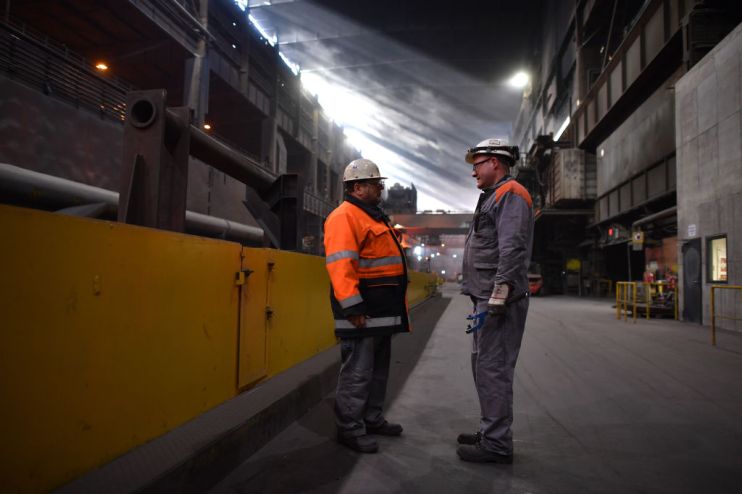German economy racked by biggest export drop in six years, figures show

Germany’s economy contracted in the second quarter, official statistics confirmed today, as exports fell at the fastest rate in six years.
Read more: German economy shrinks in second quarter as exports slump
Exports fell by 1.3 per cent quarter on quarter in the months from April to June, a detailed breakdown of Germany’s economic performance revealed.
The sharp fall has reignited concerns that Germany is heading for a technical recession – when the economy shrinks for two consecutive quarters – as trade wars, weak demand from China and Brexit negotiations weigh on growth.
It follows a respected survey from the Ifo think tank which yesterday showed German business confidence fell to its lowest point in seven years in August.
“There is nothing in the detail of the second second quarter GDP estimate to allay fears that the German economy will enter a recession in the third quarter,” said Andrew Kenningham, chief Europe economist at Capital Economics, “particularly given the weakness of surveys for July and August and the fast-deteriorating external backdrop.”
A rise in state and consumer spending and private sector spending on equipment could not offset the damage from the fall in exports, the figures showed. Net trade subtracted 0.5 percentage points from the second quarter figures.
Weaker demand meant the manufacturing sector in particular struggled. Gross value added – a measure of production – in the sector fell 4.8 per cent in the second quarter.
Stefan Schneider, chief economist at Deutsche Bank, said the figures supported the lender’s “expectation that GDP will shrink by around 0.25 per cent quarter on quarter in the third quarter, pushing the German economy into a ‘technical recession’”.
Despite its struggling economy, the German government recorded a large budget surplus – the gap between the money it receives and what it spends – of €45.3bn (£41bn) in the first half of the year.
Yesterday, the leader of Germany’s ruling party resisted calls to increase government spending to stimulate the economy and underlined her commitment to “black zero” balanced budget policy.
Read more: German business confidence falls to lowest point since 2012
Annegret Kramp-Karrenbauer, the leader of German Chancellor Angela Merkel’s Christian Democrats (CDU), said at a news conference: “The black zero, as an expression of finance policy solidity, is an indispensable principle for us.”